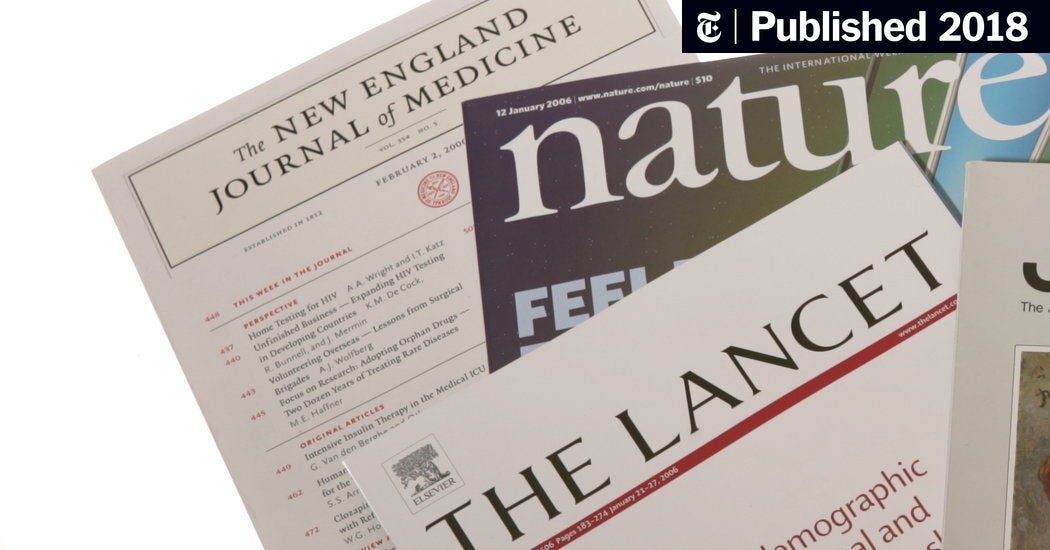I'm making documentaries for YouTube and I don't know how to decide where to shoot my narration segments. I see that filmmakers are doing amazing stuff with Photoshop's generative fill, so that could be useful for my project, but it seems to be limited to stationary shots.
My current project features two interviews with retired scientists, and lots of historical footage from the 90's.
Do I just say f*** it and film at my desk, or film in any arbitrary scenic outdoor setting? My closest city is San Francisco, so my current thinking is to film something on Embarcadero with the Bay Bridge in the background. It would look nice but it's not relevant for my film content.
EDIT: Actually, Lawrence Berkeley National Laboratory would be a relevant location that I can get to, but I don't know if they'll let me film there.
My current project features two interviews with retired scientists, and lots of historical footage from the 90's.
Do I just say f*** it and film at my desk, or film in any arbitrary scenic outdoor setting? My closest city is San Francisco, so my current thinking is to film something on Embarcadero with the Bay Bridge in the background. It would look nice but it's not relevant for my film content.
EDIT: Actually, Lawrence Berkeley National Laboratory would be a relevant location that I can get to, but I don't know if they'll let me film there.
Last edited:



 The first "grown-up" theatre play I ever went to (won the tickets in a letter-writing competition as a schoolboy) was about Galileo trying to convince the Church of this stupid idea that maybe the Earth orbited the Sun, so I've had a long-standing awareness of the Establishement being resistant to change. What I wanted to demonstrate was how easy it is for a narrative to be derailed if that narrative makes categorical assertions that are easily challenged; and to point out that attention to how the script is written is arguably of far more importance than any particular imagery used for the accompanying video.
The first "grown-up" theatre play I ever went to (won the tickets in a letter-writing competition as a schoolboy) was about Galileo trying to convince the Church of this stupid idea that maybe the Earth orbited the Sun, so I've had a long-standing awareness of the Establishement being resistant to change. What I wanted to demonstrate was how easy it is for a narrative to be derailed if that narrative makes categorical assertions that are easily challenged; and to point out that attention to how the script is written is arguably of far more importance than any particular imagery used for the accompanying video.

